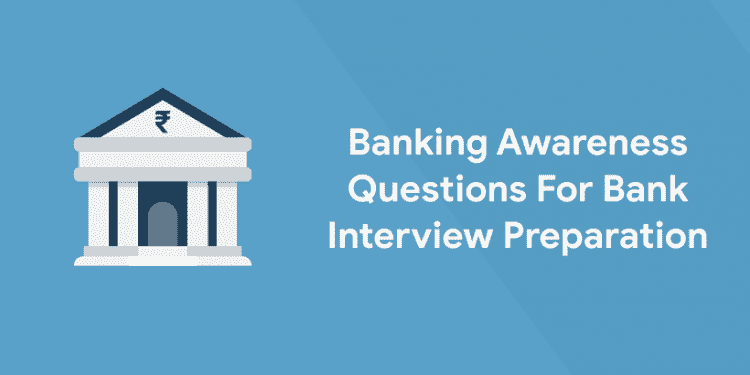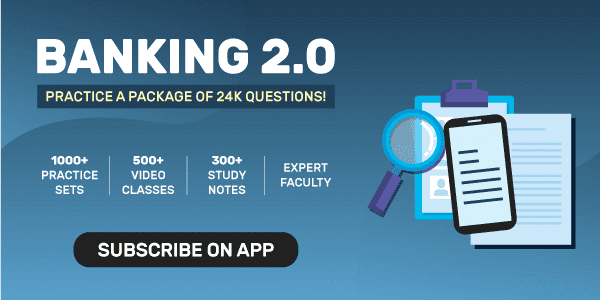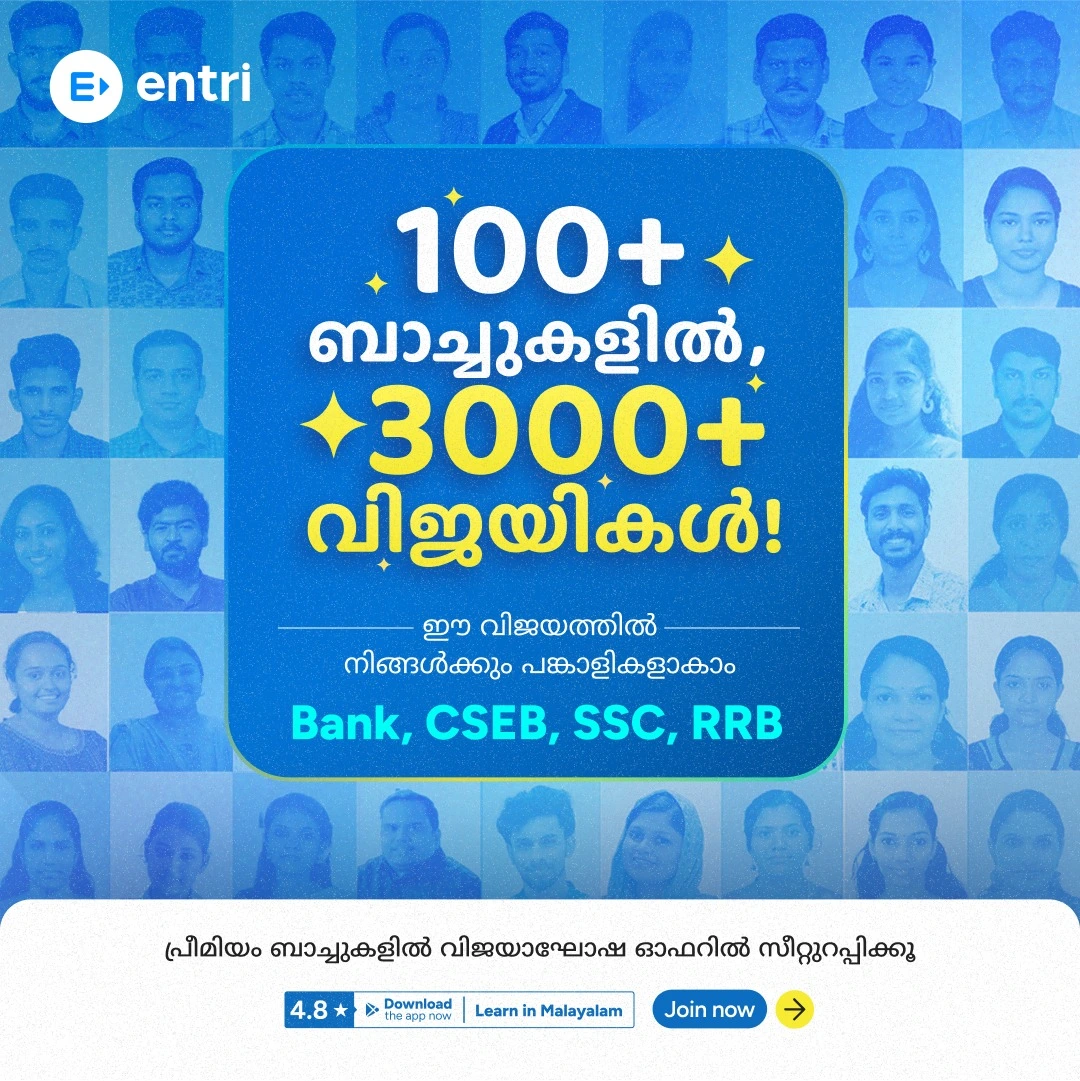It is a known fact that the competition for a job in the banking sector is cut throat. You would have studied hard and might have cleared the couple of rounds of scrutiny. But the last Goliath lies ahead of you- the final interview. It is the most important hurdle that is to be crossed to land your dream job in the banking sector. So, here we are here to help you prepare for the interview.
Most of the banking awareness questions asked during the interview process are on the latest Government schemes, trending terms or topics, important bank terms, recent events in the financial sector, terms related to daily routines in the banks to name a few. The following are some of the banking awareness questions for bank interview preparation.
Attempt free Mock Test for Bank Exam Preparation!
Banking Awareness Questions for Bank Interview
1. What is Pradhan Mantri Jan-Dhan Yojana (PMJDY)?
It is a scheme under the National Mission for Financial Inclusion. It was launched on 28th August,2014. The scheme aims at ensuring access to financial services like Banking/Savings and Deposit accounts, Remittance, Credit, Insurance and Pension in an affordable manner.
2. Name the schemes under PMJDY.
Pradhan Mantri Jeevan Jyoti Bima Yojana (PMJJBY)
Pradhan Mantri Suraksha Bima Yojana (PMSBY)
Atal Pension Yojana (APY)
Pradhan Mantri Mudra Yojana (PMMY)
3. What is the mission of Unnath Bharath Abhiyan (UBA)?
The scheme aims to enable higher educational institutions to work with the people of rural areas in our country and identify developmental challenges and coming up with solutions for sustainable growth.
4. Name some of the other schemes under the Department of Financial Services.
Stand up India Scheme
Pradhan Mantri Vaya Vandana Yojana
5. What is cryptocurrency?
It is a digital or virtual currency. It is secured by cryptography thereby, making it difficult to counterfeit or double-spend.
6. What is Non-Performing Loan (NPL)?
Any loan that is in default or close to default is known as Non-Performing Loan. Depending upon the contract, most of the loans become non-performing after being in default for over 90 days.
7. What does KYC stand for?
KYC stand for Know Your Customer. It is a mandatory banking procedure of identifying and verifying to ensure that the client is who they claim to be while opening a bank account and periodically over time.
8. What is money laundering?
It is the process in which the origins of illegally obtained money, mostly by means of complex transactions involving foreign banks and legitimate business, is concealed. The process, through indirect way, returns the money “clean “to the launderer.
9. What do you mean by inflation?
Inflation is the process in which the price level of goods and services increases in an economy over a period of time. This reduces the purchasing power per unit of the money.
10. What is deflation?
It is the opposite of inflation. Deflation occurs when the inflation rate falls below 0%. It is the process in which the price level of goods and services good down, thereby increasing the purchasing power per unit of money.
11. What is the full form of FDI and what does it mean?
FDI stand for Foreign Direct Investment. It is an investment made by a firm or individual in one country into business interests located in another country. It occurs when an investor establishes foreign business operations in a foreign country. There are three types of FDI : Horizontal FDI, Vertical FDI and Conglomerate FDI.
12. What is GST and name the types of GST.
GST stand for Goods and Services Tax. It is an indirect tax on the supply of goods and services in our country. The different types of GST are : Central Goods and Services Tax (CGST), State Goods and Services Tax (SCGST), Union Territory Goods and Services Tax (UTGST), Integrated Goods and Services Tax (IGST).
13. What is Brexit?
Brexit stands for British Exit. It refers to the exit of British from the European Union.
14. What do you mean by Bank Recapitalisation?
It is the process in which the Government infuses more capital to the state-run banks in order to meet the capital adequacy norms. The Government adds to the capital to the banks with capital shortage through various institutions as the duty to bolster the capital of banks lies with the Government.
15. What is CRR?
CRR means Cash Reserve Ratio. It is the minimum amount of deposit that the commercial banks have to hold as reserves in RBI. The current Cash Reserve Rate is 3%.
16. What is Prime Lending Rate (PLR)?
It is the rate of interest at which the banks lend to customers with good credits.
17. What is meant by Repo Rate?
It is also known as repurchase rate. Repo rate is the rate of interest at which Reserve Bank of India lends short term money to other Commercial banks. It is essential to control inflation, credit availability and economic growth. The current repo rate is at 4%.
18. What is meant by Reverse Repo Rate?
Reverse Repo Rate at which Reserve Bank of India borrows money from other Commercial Banks. The supply of money in the country can be controlled by this step.
19. What are the different types of bank accounts?
The different types of bank accounts are: Current account, Savings account, Recurring deposit account and Fixed deposit account.
20. What is a cheque? What are the different types of cheque?
A cheque is an order to a bank to pay a said amount from the drawer’s account. Open/bearer cheque, order cheque, crossed cheque, anti-dated cheque, post dated cheque, stale cheque, mutilated cheque, self-cheque, blank cheque, banker’s cheque, cancelled cheque, traveler’s cheque and gift cheque are the different kinds of cheques.

The above-mentioned questions are some of the commonly asked questions on banking during interviews. We hope they are of help. Good luck from Team Entri to every aspirant!












